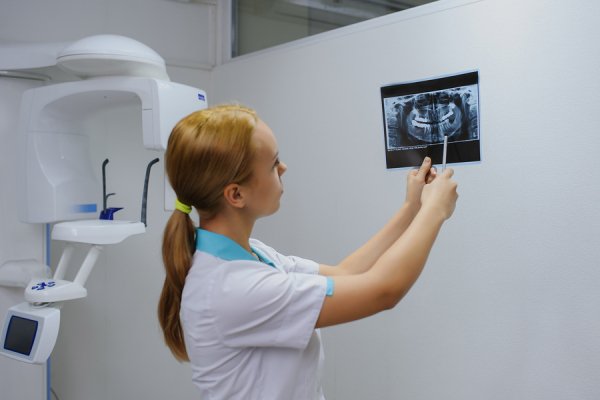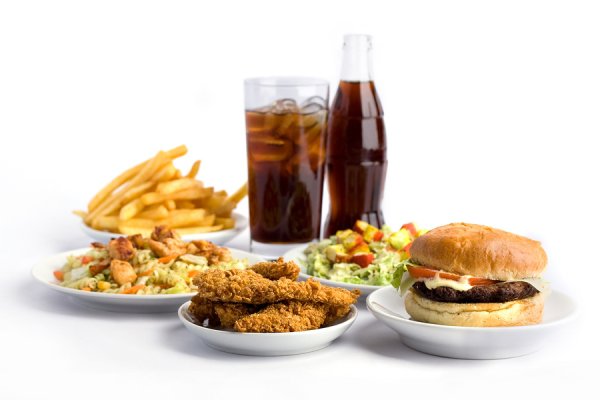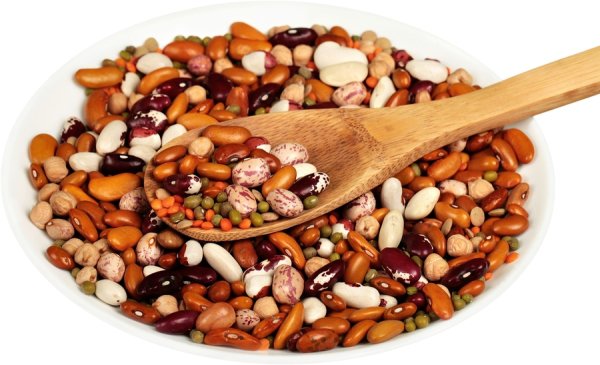
Today’s imaging techniques are better and more thorough than ever, and modern CT scans are proof. When your dentist uses a CT scan, they will get an in-depth look at your teeth, jaw, and gums, so it will be easier to create the best treatment plan for you. Best of all, the patient can watch the process happen. Here are some common reasons your dentist may request a CT scan.
Getting a Good Look
When you go into the office and talk about your symptoms, you give your dentist an idea of what might be going on. However, there can be additional issues hiding underneath the surface, so it’s important to get the best look possible. A CT scan is an imaging technique that lets your dentist see clear images in real time, making it easier to treatment plan and look for any hidden complication(s). The 3D images will show your sinuses, nerves, and arteries in addition to your gums, teeth, and jaws.
Devising a Treatment Plan
The easier it is to see what’s going on, the easier it will be to find a solution or the source of an issue. Once the source has been located, your dentist can start working with you on a treatment plan unique to your needs. The 3D images that CT scans provide are especially helpful when dealing with dental implants and more complex cases. The same kind of computerized technology that takes the images will also be used in any treatment that might be required.
Communicating with the Patient
As a patient, you should automatically feel more comfortable in the dentist’s office when a CT scan is being used. The dentist will have clearer visuals to work with. Your dentist can show you exactly what is needed, why and how you will be treated.
When you come to the office of University Associates in Dentistry , we may use a CT scan to improve your diagnosis, treatment, and overall experience. Call our dentists at (312) 704-5511 or checkout our website, including periodontics and sports dentistry options.





